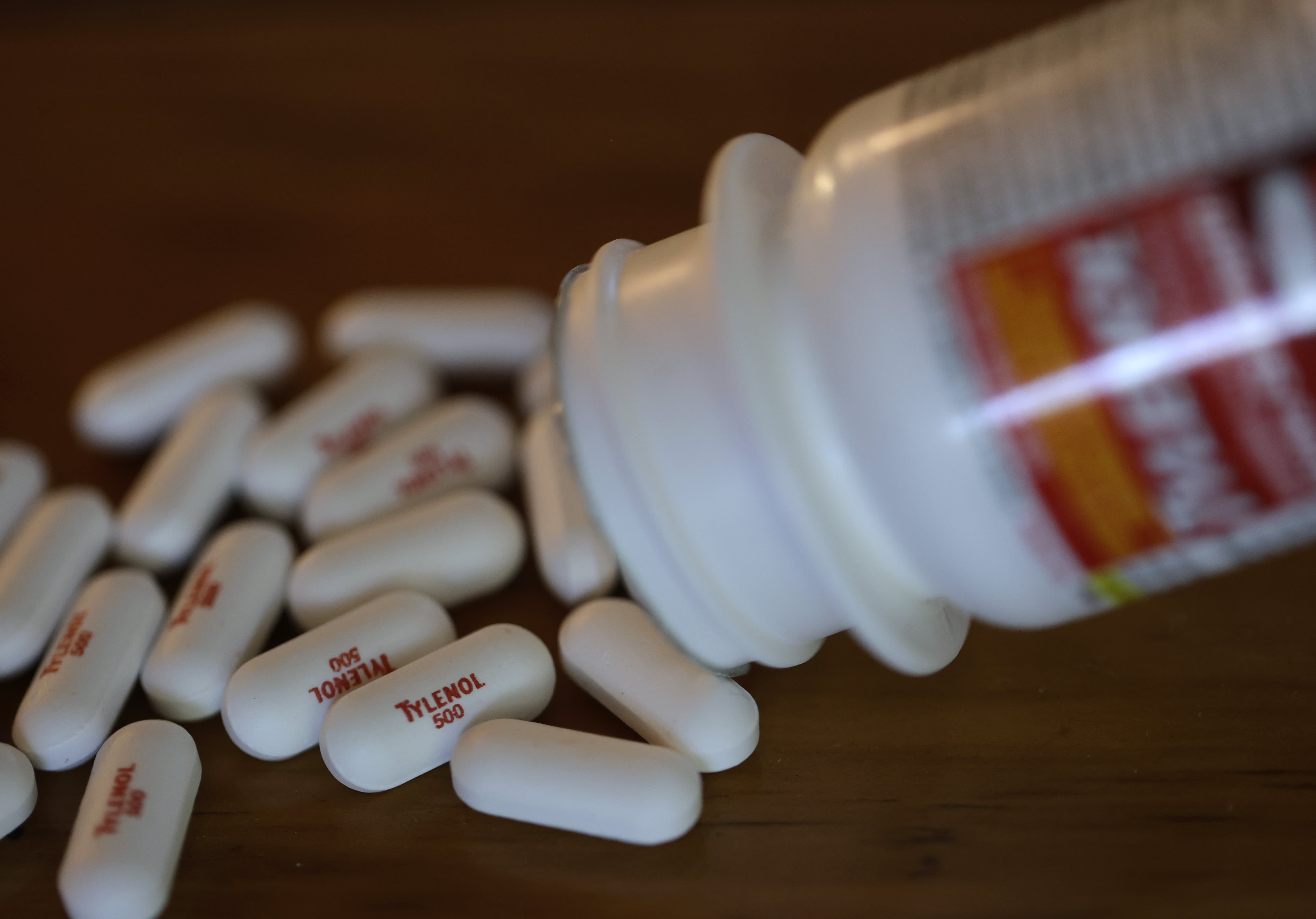By Annika Kim Constantino
Copyright cnbc

Also on Monday, the FDA approved a lesser-known drug, leucovorin, as a treatment for autism, Centers for Medicare & Medicaid Services Administrator Dr. Mehmet Oz said during the briefing.
The agency is specifically updating leucovorin’s label for cerebral folate deficiency, which HHS said has been associated with autism. The change will allow children with autism to be treated with the drug, with continued use if kids show language, social or adaptive gains, according to an HHS release.
But HHS said leucovorin is not a cure for autism and may only lead to improvements in speech-related deficits for a subset of children with the disorder. State Medicaid programs will be able to cover the drug for autism after the label update. The NIH will also start trials to confirm the effects of leucovorin on the disorder, including studies into the medicine’s safety.
While promising, it is important to note that leucovorin is not a cure for ASD and may only lead to improvements in speech-related deficits for a subset of children with ASD. Furthermore, this treatment must be administered under close medical supervision and in conjunction with other non-pharmacological approaches for children with ASD (e.g., behavioral therapy).
Leucovorin is a form of folate, a B vitamin, that is typically prescribed to counteract some medications’ side effects, including chemotherapy, and to treat vitamin B9 deficiency. Some early placebo-controlled clinical trials have shown that oral leucovorin, also known as folinic acid, has the potential to improve symptoms in children with autism spectrum disorder.
The Food and Drug Administration early Monday published a notice saying it is approving a version of leucovorin that was previously made by GSK, the Wall Street Journal reported. But as of Monday afternoon, the Federal Register’s website said it has received an “agency letter” asking to withdraw the notice.
In a statement, a GSK spokesperson said it does not intend to market leucovorin. The company marketed the drug from 1983 to 1999 under the name Wellcovorin, but the product was withdrawn from the market and has since been available as a generic drug. The spokesperson said label changes made to Wellcovorin will help allow generics already on the market to add this new approval for autism to their labeling.
Acetaminophen is the latest widely used and accepted treatment that Robert F. Kennedy Jr. has undermined at the helm of the Health and Human Services department, which oversees federal health agencies that regulate drugs and other therapies. Kennedy has also taken steps to change vaccine policy in the U.S., and has amplified false claims about safe and effective shots that use mRNA technology.
Kennedy has made autism a key focus of HHS, pledging in April that the agency will “know what has caused the autism epidemic” by September and eliminate exposures. He also said that month that the agency has launched a “massive testing and research effort” involving hundreds of scientists worldwide that will determine the cause.
Much of the scientific community agrees that autism results from a complex mix of genetic and environmental factors, making it unlikely that rising rates of the disorder are due to a single cause.
Kennedy said HHS expects several announcements over the coming years that inform parents about the underlying cause of autism and “potential paths for prevention and reversal.” He acknowledged that autism is a complex disorder caused by a combination of factors and said HHS is continuing to investigate other factors, such as vaccines.
“One area that we are closely examining … some 40% to 70% of mothers with autism believes that her child was injured by a vaccine,” Kennedy said. “President Trump believes that we should be listening to these mothers instead of gaslighting like prior administrations.”
Extensive research has debunked longstanding concerns that vaccines are linked to autism, a claim that Kennedy and other immunization critics have pushed for several years.